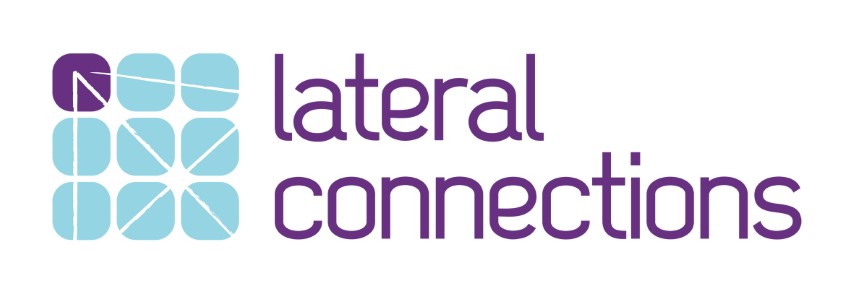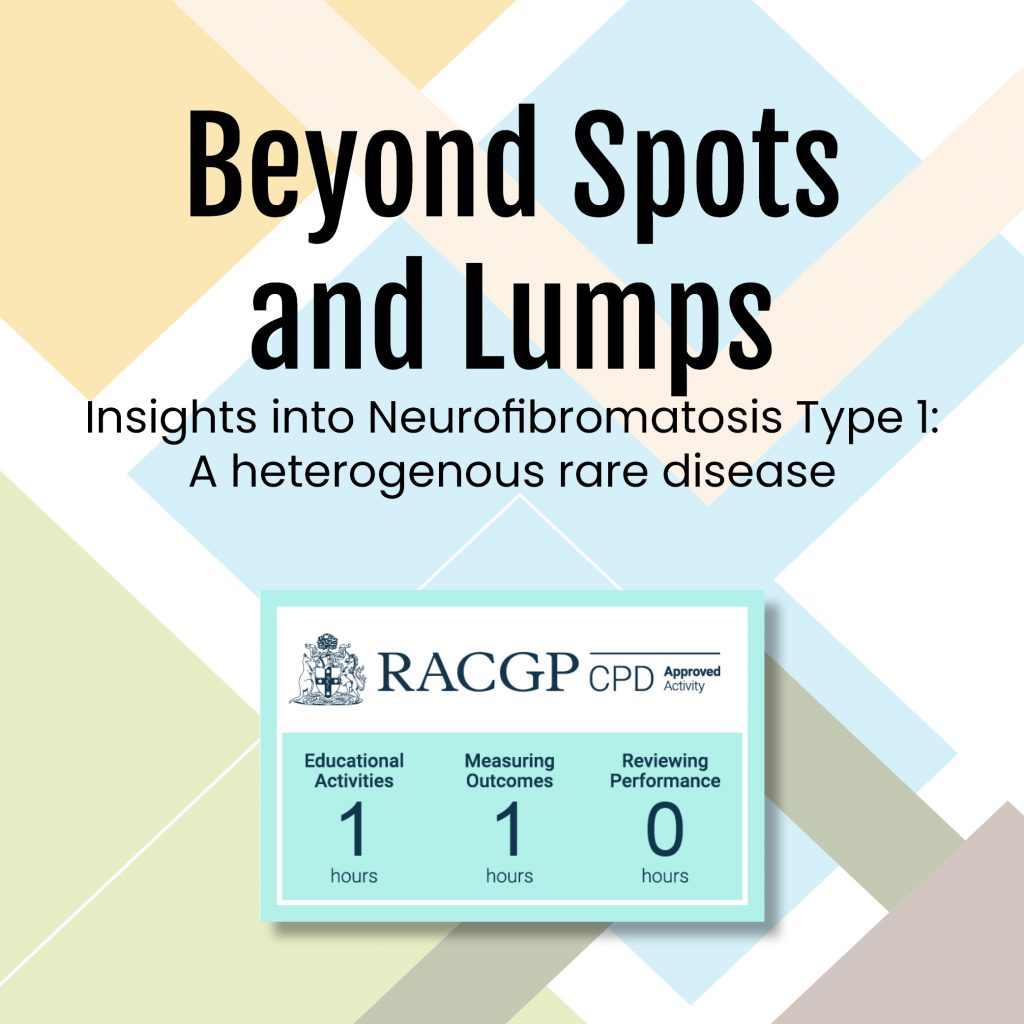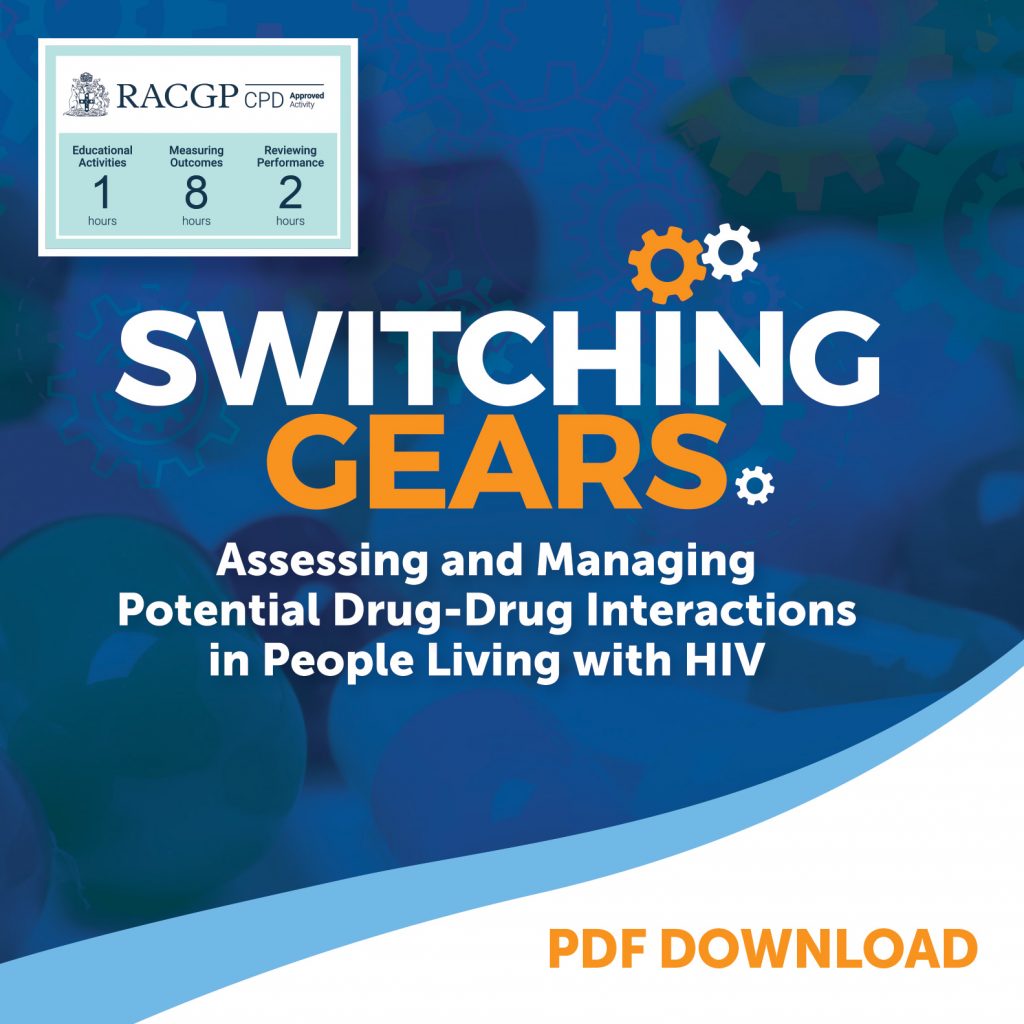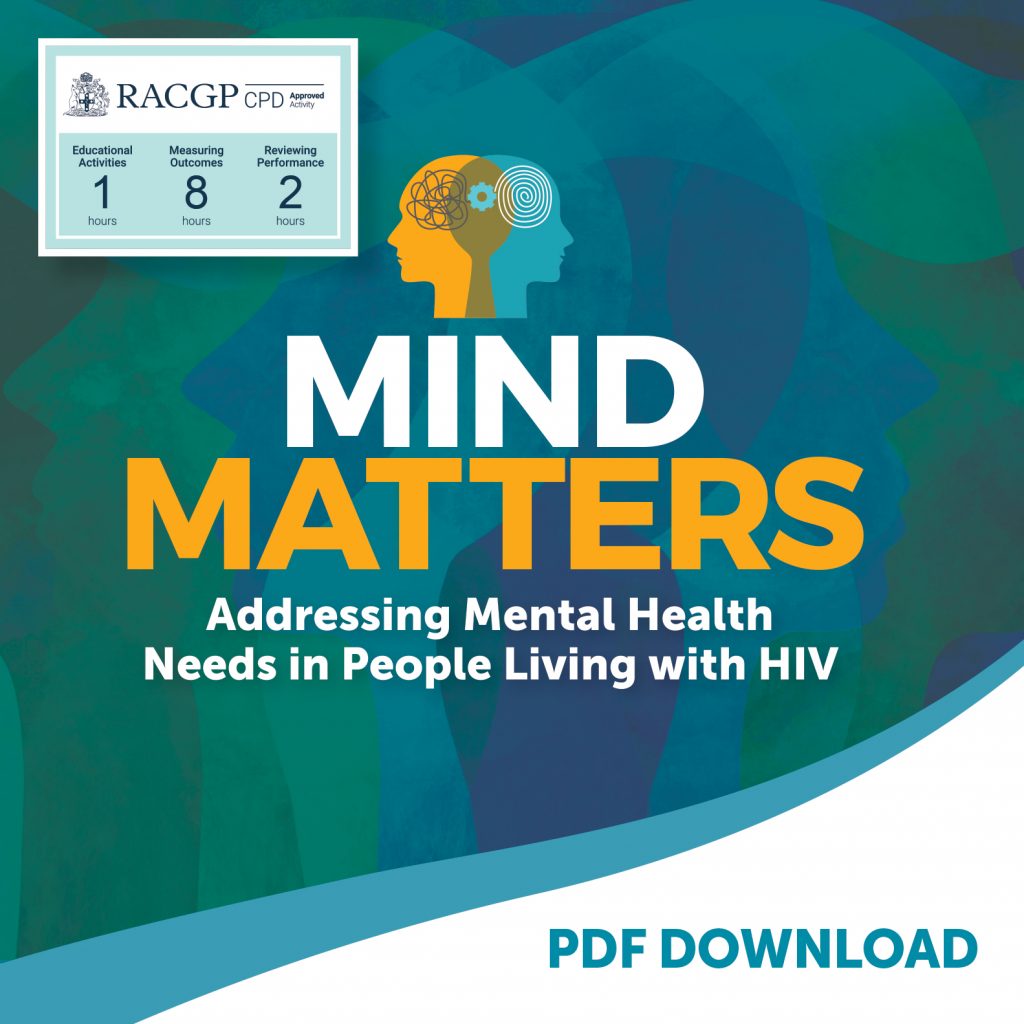Quality CPD Education
Lateral Connections is a CPD education provider under the RACGP and ACRRM CPD Programs.
eLearning Modules
Earn a variety of CPD hours with our collection of accredited Clinical Audits.
New!
Explore the rare disease Neurofibromatosis Type 1 (NF1) and the GPs role in the complex diagnosis and management journey of patients and their caregivers.
GPs play a significant role in the multidisciplinary team, and are especially important for coordinating the management of patients with spasticity, which can arise from several conditions, including stroke, head or spinal trauma, cerebral palsy, or multiple sclerosis.
Delving into the aeitiology, pathophysiology and management of focal spasticity, understand how spasticity is a condition that has the potential to progress over time and if left untreated, a vicious cycle can occur.
Clinical Audits
Earn Measuring Outcomes CPD hours with our collection of accredited Clinical Audits.
A major review of the The Australian Sexually Transmitted Infection (STI) Management Guidelines For Use In Primary Care guidelines was undertaken in 2020–22.
This audit provides an opportunity to evaluate the gaps between your practice and recommendations from recognised sources of guidance in the area of STI prevention and management.
People living with HIV are developing age-related comorbidities more frequently and at earlier ages than the general populations.
This audit can assist in determining appropriate regular medication review strategies to provide optimisation of therapy in people living with HIV
Many people living with HIV (PLHIV) continue to experience psychosocial challenges, which have been associated with poorer quality of life (QoL). Evidence shows that psychological care at various points of clinical intervention can improve mental health outcomes for PLHIV.




